There are many neighborhoods or living areas that are under the rules and regulations of some homeowner association. Not all homes in the United States have to follow the guidelines of these organizations, but they are more common than you might think. Yet when it comes to homeowner & condo associations, New Port Richey residents might not know as much as they think that they should. Homeowner associations are not something that is too complicated to figure out, but there are many misconceptions that keep popping up that should be addressed if you are moving to an area that has an already established HOA.
Not All HOA Fees are Created Equal
When someone is a member of a homeowner’s association, typically there is some sort of fee, usually a monthly amount that is due in order to fund the HOA and make sure their rules and regulations are enforced. Yet one aspect that some do not consider with homeowner & condo associations, New Port Richey residents might not think about the actual costs for different HOAs. Some fees may be as low as ten or twenty dollars a month, while others will have a fee that is closer to a hundred dollars or more. This depends heavily on the area that someone is living in and the amenities they have access to. For example, someone living in a gated community is going to pay higher fees than someone who does not live in one.
Not all HOAs Offer the Same Benefits
When someone is forced to pay a small fee to keep their neighborhood running optimally, it is important to look at the amenities and perks of that agreement, as they are not the same between all homeowner & condo associations. New Port Richey residents may not know what exactly their HOA fees are covering, but this is very important to look into. For example, a resident in a gated community may be paying fees for recreational facilities, regardless if they use them or not, while someone not living in a gated community may only have to pay garbage pickup.
*Disclaimer: The views expressed here are those of the authors and do not necessarily represent or reflect the views of Suncoast CPA Group*
